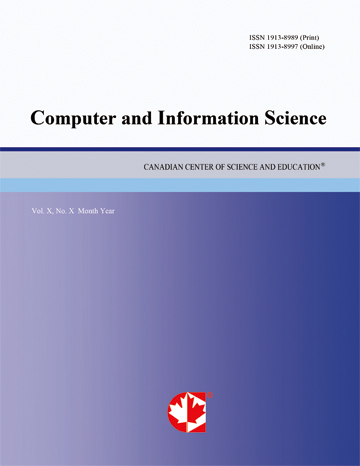Unsupervised Coreference Resolution with HyperGraph Partitioning
- Jun Lang
- Bing Qin
- Ting Liu
- Sheng Li
Abstract
Unsupervised-learning based coreference resolution obviates the need for annotation of training data. However, unsupervised approaches have traditionally been relying on the use of mention-pair models, which only consider information pertaining to a pair of mentions at a time. In this paper, it is proposed the use of hypergraph partitioning to overcome this limitation. The mentions are modeled as vertices. By allowing a hyperedge to cover multiple mentions that share a common property, the additional information beyond a mention pair can be captured. This paper introduces a hypergraph partitioning algorithm that divides mentions directly into equivalence classes representing individual entities. Evaluation on the ACE dataset shows that our unsupervised hypergraph based approach outperforms previous unsupervised methods.
- Full Text:
 PDF
PDF
- DOI:10.5539/cis.v2n4p55
Journal Metrics
WJCI (2022): 0.636
Impact Factor 2022 (by WJCI): 0.419
h-index (January 2024): 43
i10-index (January 2024): 193
h5-index (January 2024): N/A
h5-median(January 2024): N/A
( The data was calculated based on Google Scholar Citations. Click Here to Learn More. )
Index
- BASE (Bielefeld Academic Search Engine)
- CNKI Scholar
- CrossRef
- DBLP (2008-2019)
- EuroPub Database
- Excellence in Research for Australia (ERA)
- Genamics JournalSeek
- GETIT@YALE (Yale University Library)
- Google Scholar
- Harvard Library
- Infotrieve
- Mendeley
- Open policy finder
- ResearchGate
- Scilit
- The Keepers Registry
- UCR Library
- WJCI Report
- WorldCat
Contact
- Chris LeeEditorial Assistant
- cis@ccsenet.org
